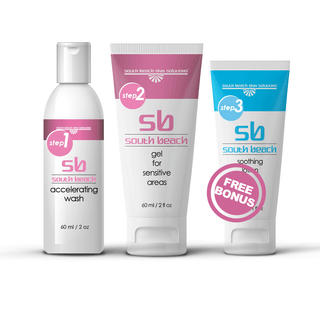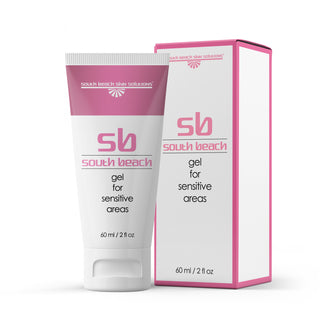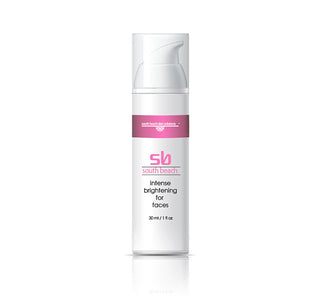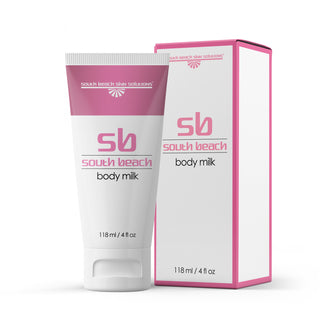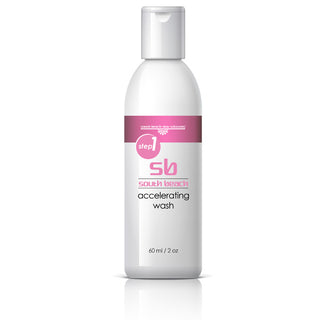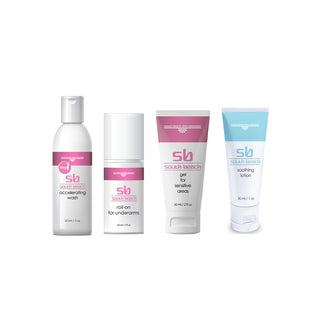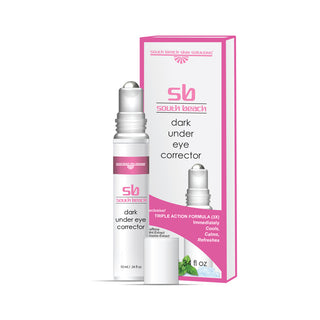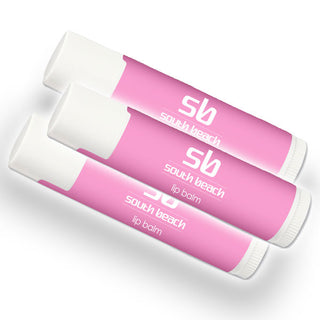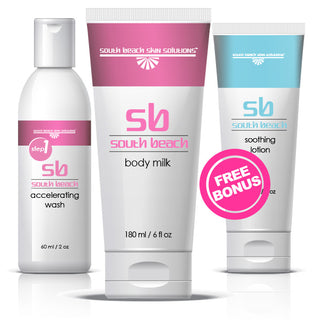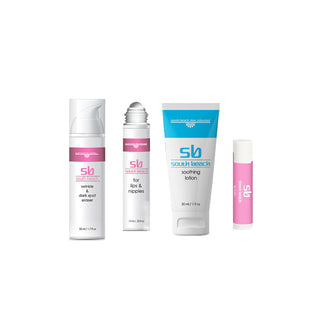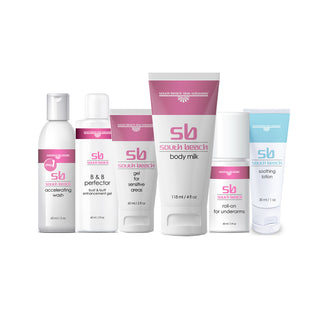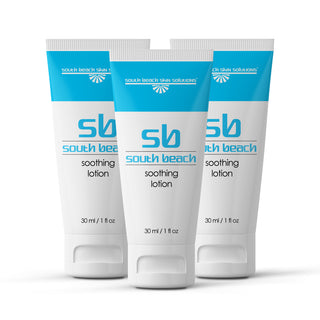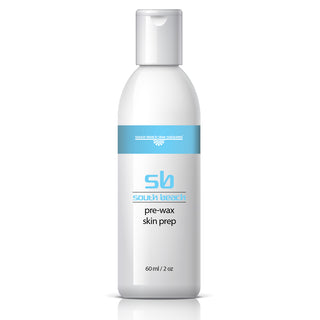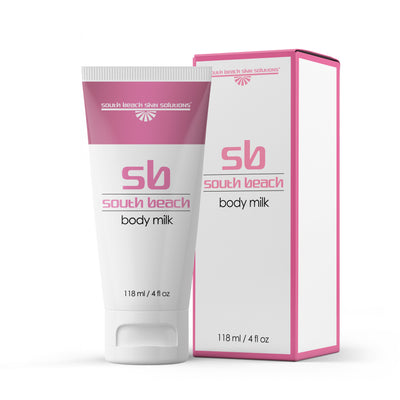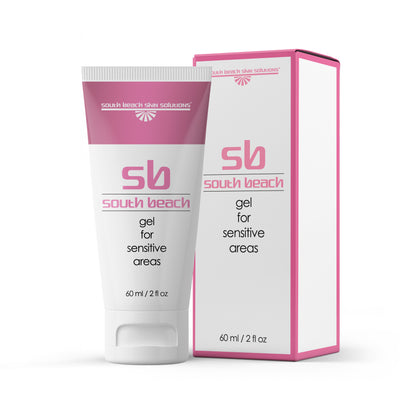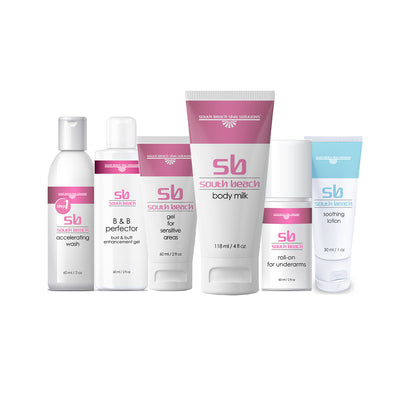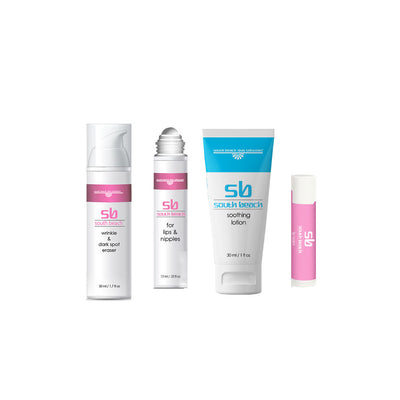What is Hydroquinone?
Hydroquinone is one of the most talked about and controversial ingredients for skin lightening. It is used in many drug store and prescription products in the USA in different concentrations primarily to reduce the appearance of dark spots, acne scars, freckles and other hyperpigmentations on the skin. Over the counter products with hydroquinone typically contain between 0.5% to 2%. While pharmacy products prescribed by a doctor typically have 4% or more in concentration.
Potential Negative Side Effects?
Hydroquinone has been banned in almost every country around the world due to the potentially negative side effects associated with using this chemical. These potentially negative side effects can range from irritation, itching and burning (especially for those with sensitive skin). These types of reactions, no matter how mild, can actually turn the skin darker as the skin tries to protect itself from the irritation. In addition, with exposure to the sun, it can make the skin more susceptible to sun damage, sun burn or worse. There have been discussions about hydroquinone as a carcinogen, although the research is still inconclusive on this topic.
Is it Safe? Should I use it?
The answer to that is for each person to answer for themselves. Many times in conjunction with their dermatologist or other doctor. Everybody is different. However, there are many natural alternatives to hydroquinone in skin lightening products that can give all of the benefits and none of the side effects.
Natural Alternatives to Hydroquinone
There are a number of natural ingredients well known for their safety and effectiveness when used topically for skin brightening applications. Ingredients such as Bearberry extract (Uva Ursi), Arbutin and others are great alternatives. Others like licorice extract and Vitamin C are also known for their potential ability to help reduce hyperpigmentation.



















